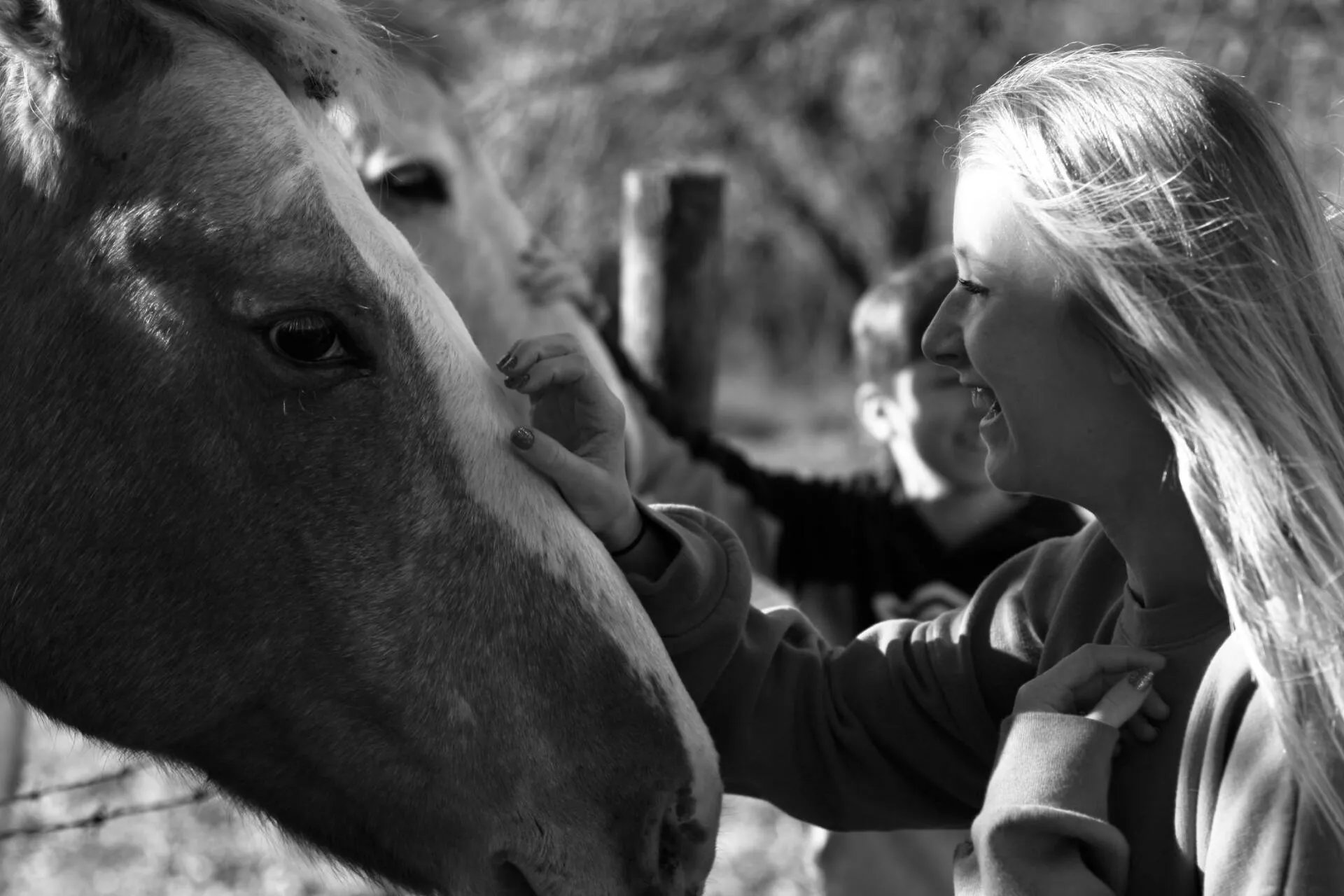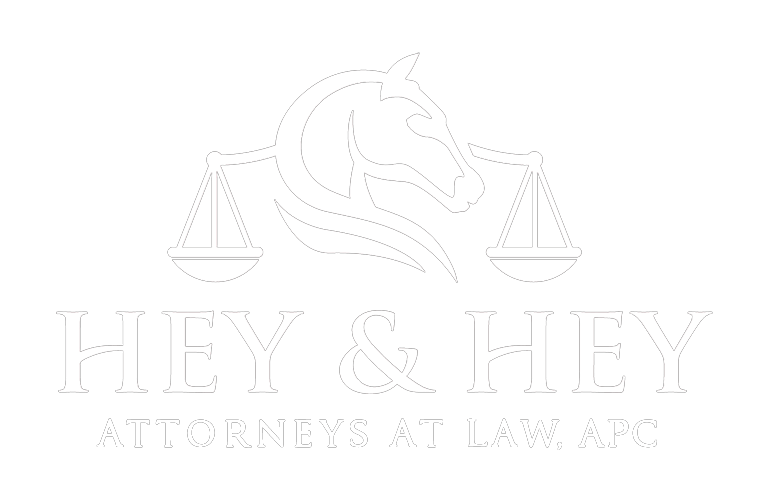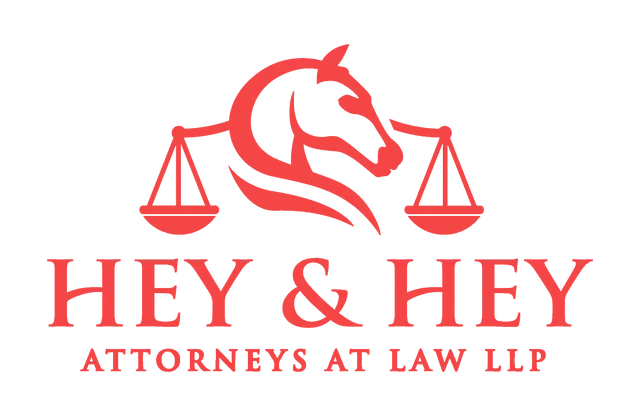FAQ
Frequently Asked Questions
Questions About Equine Law?
Here are a few Frequently Asked Questions about Equine Law:
-
Q: What is equine law?
A: Equine law includes all legal aspects of the horse industry and horse-related business – for example buying and selling; breeding; boarding; leasing horses; liability incurred by owners, trainers, riders and students; labor issues faced by owners and trainers; and much more.
-
Q: What is an equine attorney or lawyer– and what do they do?
A: In business matters, an equine attorney advises and helps clients evaluate the appropriate way to organize their business, limited liability company (LLC), partnership or corporation.
An equine attorney has in-depth knowledge of the horse industry as well as the laws that relate to the industry. Equine attorneys draft, review and negotiate contracts used by equine professionals and non-professionals. Typical contracts include purchase agreements, breeding contracts, boarding contracts, lease agreements, liability waivers, labor agreements and much more.
An equine attorney can help owners, grooms and trainers with immigration issues, as well as with federal and international tax law, foreign investment reporting, tax planning, and audit defense. Equine attorneys can also assist those involved in zoning disputes and real estate transactions.
And if something goes wrong, an equine attorney represents people who have allegedly violated the rules set forth by the governing association for the sport, such as alleged drug violations with the United States Equestrian Federation (USEF).
Liability is crucial to professionals in the horse industry, and an equine attorney can help people working in the horse industry to avoid or limit liability within their activities in the sport.
-
Q: Why would you need an equine attorney?
A: A lawyer who specializes in equine law knows the nuances that are unique to the horse industry. With a combined in-depth knowledge of the horse world and the law, an equine attorney can save you time and money, and serve your specialized needs.
For example with this level of understanding of both horses and the law, an equine attorney can draft an industry-related release form with the correct language. Familiarity with the industry and its terminology greatly enhances an attorney’s ability to deal with problems in a timely and expert manner.
-
Q: Does an equine attorney represent horses?
While this may sound comical, it does come up. The answer is no. Instead, we represent anyone involved in the equine industry. This includes owners, riders, trainers, grooms, stable owners, coaches, farriers, veterinarians — as well as business entities, such as racetracks, breeding farms, professional horse transportation companies — any person or any company involved in the horse business.
-
Q: How can I protect myself from being sued?
A: Hey & Hey recommends a two-pronged approach to help clients limit their liability. First, have well-drafted documents that comply with the law in your state. It’s always best to pick an attorney in your state of residence. Second, have an insurance package that protects you as someone involved in the horse industry.
-
Q: Does an equine attorney evaluate horses?
A: While Hey & Hey feels competent in our legal and practical knowledge of the horse world, if a client needs a horse appraised, we assist by drawing on our contacts in the horse industry to hire a certified equine appraiser.

Save Time
Have Knowledge
Friendly Service
Gain More
Contact Your Attorney
Have a question? We are here to help. Send us a message and we’ll be in touch.


